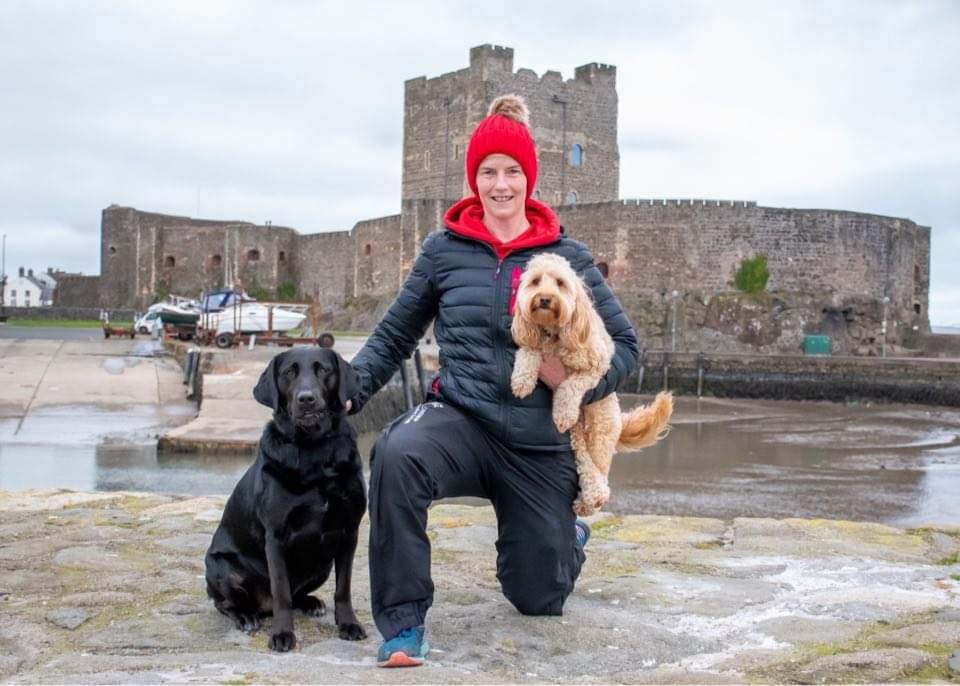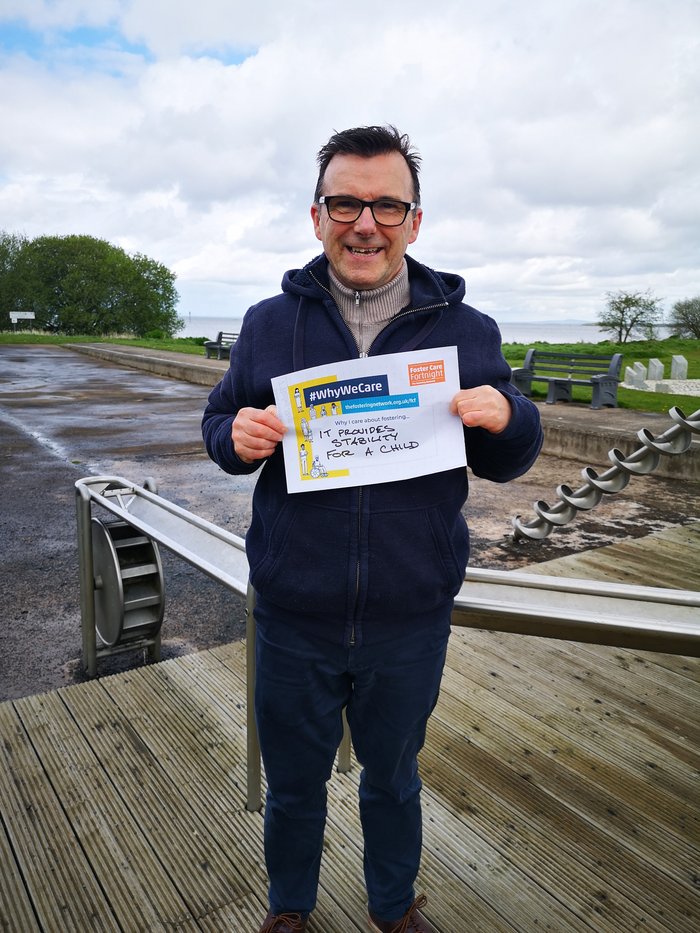The ‘learning process’: How the fostering assessment in Northern Ireland works

Our fostering assessment process is thorough and robust. Find out how this benefits the children we support and you
There are currently 3,564 looked after children in Northern Ireland. This is a 6% increase since the beginning of the pandemic.*
The rising need means there’s never been a better time to enquire and make fostering your next venture. But with a high demand for more foster carers, you may question the length of application and a thorough assessment process. Here, Northern Ireland fostering Team Leader David, and foster carer Nicky, discuss why such a comprehensive process is essential.
In Northern Ireland the fostering assessment is a hybrid of virtual and face-to-face sessions.
It can be broken down into several stages:
- Visits to your home
- Training to develop the skills to foster
- A period of assessment to explore your suitability
- Sessions with a social worker to explore your strengths as well as areas you need support and development
While the process can be time intensive – taking roughly six to nine months to complete – it’s vital. David explained, “We’re recruiting people to look after the most vulnerable young people in our society. The need for us to be robust in what we do and take our time to make sure it's done right is crucial. When a child can’t stay with their family, that has an effect on them. Our goal is to provide a home that is safe and stable for them to go to.”
Our goal is to provide a home that is safe and stable for them to go to.
David, fostering Team Leader
Nicky was the first foster carer approved in Northern Ireland during the pandemic. She found the length of the process beneficial. “It helped prepare me. I had more time to process the training and so I had a better idea of what lay ahead. Action for Children were good throughout and were there to answer my questions."

The fostering assessment really helped prepare Nicky
The assessment is, as David says, “a learning process”. It’s about getting to know carers and their families and exploring their combined skills and experiences. It’s also an opportunity for them to learn more about themselves.
“What we're hoping is that people can reflect upon their upbringing and discuss how their life experiences shaped the person they are today,” David tells us.
I discovered I have so much to offer
Nicky, foster carer
Nicky explained, “Through the training, you start to understand yourself and who you are as a person. I knew I was quite caring, but I didn't know to what extent. I discovered I have so much to offer someone.”
Fostering is about building relationships. For Nicky, this started during the assessment. “My social worker got to know me, and I got to know her. Action for Children is all about matching you and your family to a child where you can make a positive difference. During the assessment process they had time to get to know me as a person. They knew what child would be suited to me. They couldn’t have got it more right.”

The assessment process also allows applicants to appreciate the value of fostering.
David said, “The whole process enables people to understand why there’s such a need for more foster carers. It also shows how worthwhile and valuable it is for them to want to become a foster carer.
“The reward of seeing the stability brought into a child’s life is fantastic. Fostering is about inviting these young people to be a part of your family. It’s about creating stability that will give a child a chance to move forward in life. The process is not for the faint-hearted, but it offers a real sense of value to what you could achieve by becoming a foster carer.”
Nicky concluded, “It was a long process, but I knew in my heart it’s something I wanted to do. Now I've got the best little boy who is blooming and loving life. When you see him smile and being happy, you know it was worth the wait.”




